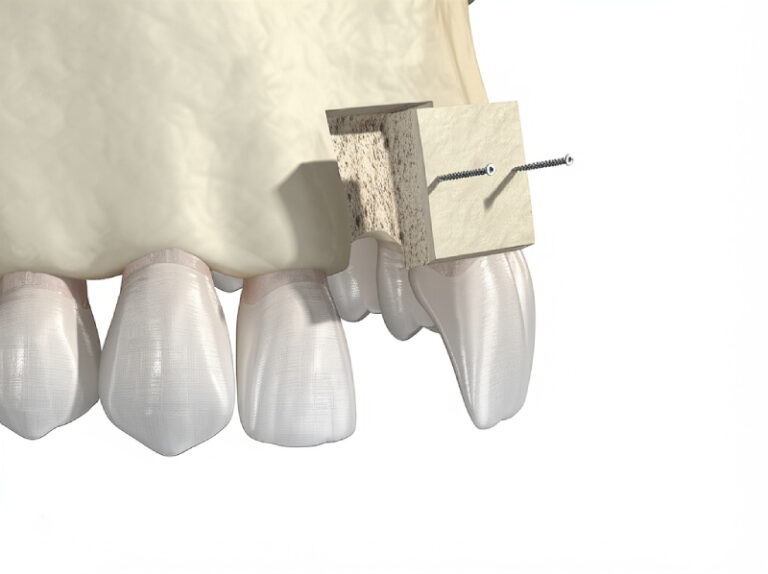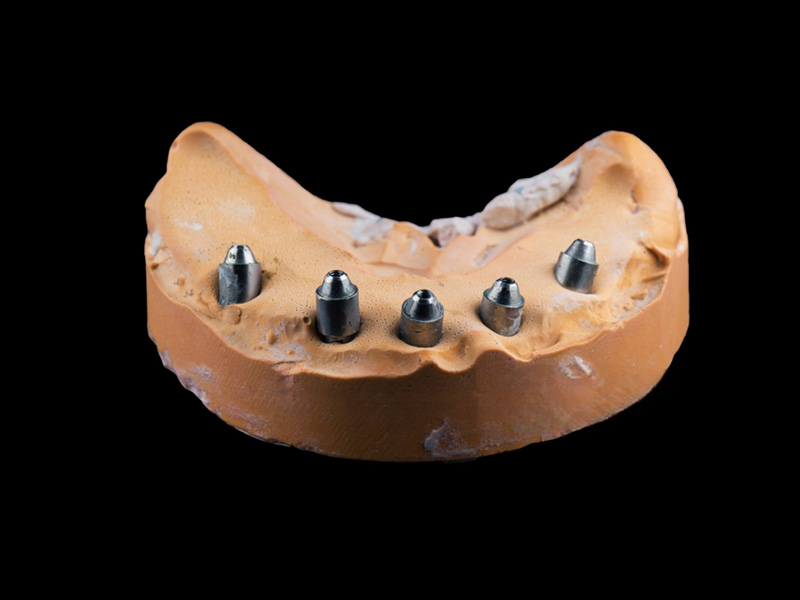
Do General Dentists Do Root Canals? Your Guide to Root Canal Choices
That Dreaded Toothache: Is a Root Canal Coming Up For You?
Let’s imagine this: you bite into your lunch, and pain races through your jaw. Or maybe your dentist just said: “You need a root canal.” Suddenly, you’re searching the Internet. The biggest question jumps out: Can my usual dentist do a root canal, or do I have to see a specialist? If you’re confused, nervous, or just really curious, don’t worry. You’re not the only one. You’re here because you want real answers—plain and simple—about one of dentistry’s most talked-about procedures.
We’ll break it down, step by step, so you know what’s coming and how to make the right choice for your teeth and peace of mind.
Table of Contents
What Is a Root Canal? A Plain Explanation
Before we get to who can do your root canal, let’s talk about what it actually is. Here’s the simple version:
A root canal is when a dentist fixes a tooth whose inside (the “pulp” or nerve) is infected or hurt. The pulp is the soft stuff in the center—picture it as the pipes for nerves and blood to the tooth. When that part gets swollen or dies—often from a big cavity, too much dental work, a crack, or a hit—it hurts, swells, or may turn into an abscess (a pocket of pus from infection).
During a root canal, the dentist:
- Numbs the spot so you won’t feel pain.
- Makes a small hole in your tooth.
- Takes out the bad pulp and cleans the inside of the roots.
- Shapes the root canal and fills it with a safe, rubbery stuff called gutta-percha.
- Closes up the tooth with a filling. You’ll probably need a crown (a hard cap) soon after, especially for back teeth.
Example: Imagine a tree with a sick root. If you do nothing, the tree gets weak. The root canal “fixes up” the bad root, fills the space so it won’t get dirty again, and makes the tree (your tooth) stand tall for years.
Still a little worried? Most people say the treatment feels about the same as getting a filling—and it can keep your real tooth!
Can My Regular Dentist Do a Root Canal?
Here’s the question almost everyone asks: Will my regular dentist do it, or do I need to see a root canal expert?
Training & What General Dentists Do
General dentists are your main dental caregivers. After four years of dental school, they learn to do lots of dental work—cleanings, fillings, crowns, and yes, root canals too. Think of them like your family doctor, but for teeth: skilled, flexible, ready for routine stuff and some harder things.
What root canals do they usually do?
- Simple teeth: Single roots, like your front teeth and some in the middle—these have canals that are straight and easy to find.
- No big problems: Cases where the canal shows up clearly on X-rays, with no old root canal problems or big damage.
Why See Your Dentist for a Root Canal?
- Easy and close: You know and trust your dentist, and it’s usually faster to get an appointment.
- Cheaper: General dentists often charge less for simple root canals compared to specialists.
- Stay with someone you know: Your dentist already knows your teeth and dental history.
Real-Life Example
Take Jane. She’s got a deep cavity in her front tooth. Her dentist checks the X-ray and says, “Yep, I can do this here.” Jane gets it done with the same team she sees for cleanings—a big plus if going to the dentist makes you nervous.
But just like you wouldn’t want your family doctor doing heart surgery, there are some cases where it’s best to see a specialist.

When Should I See a Root Canal Specialist?
Here’s when your general dentist says, “You’ll be better off with a specialist.”
What’s an Endodontist?
An endodontist is a dentist who studied for two or more extra years after dental school, learning just about treating the inside of teeth. In other words, they’re the go-to pro for hard root canals, do-overs, and tricky tooth shapes.
Tough Cases for Specialists
You may need a specialist if:
- The tooth is a molar (those back teeth with lots of roots and twisty canals).
- You’ve already had a root canal on that tooth, and it didn’t work out.
- The canals are blocked, filled in, super narrow, or just hard to find.
- You have a big infection or abscess.
- Your tooth was hit or hurt badly, and the structure is cracked.
- The X-ray shows weird root shapes.
- You still have pain after an earlier treatment.
Why send these cases to a specialist? Endodontists have extra equipment (like dental microscopes and fancy 3D X-rays) and lots of practice with tough cases. Studies show they fix more complicated teeth with better success.
Why Go to a Specialist?
- Expert: This is all they do. Every day.
- Better tools: From big microscopes to advanced scans, they see everything.
- Higher success: Complicated teeth turn out better.
- Pain control: Many have more ways to help anxious people feel calm.
Example: If your regular dentist is your family doctor, the endodontist is the surgeon for harder dental cases.
How Do I Choose Who Should Treat Me?
Now it’s time for the real guide part. Not sure what to do? Here’s help.
Key Things to Think About
- How hard is it? Your dentist will use X-rays and a check-up to see if the job is simple or tricky.
- Dentist’s Experience: Ask how often your dentist performs root canals. Some do them a lot. Others, not so much.
- Cost & Insurance: Prices vary, but root canal specialists usually charge more. Check your dental insurance.
- Your Comfort: Feel nervous? Ask what they can do to keep you at ease. Specialists often offer more for serious anxiety.
- Referrals: Dentists send about half or more of root canals to specialists (especially back teeth or repeats). Not because they can’t do it, but because they care about saving your tooth.
- Your Choice: Sometimes, it’s just about what you want. Do you want to stay with your own dentist, or would you rather have a specialist handle it?
Good Questions to Ask
It’s smart to have a real chat:
- “How many root canals do you do every year?”
- “How does this type usually turn out for you?”
- “Would you suggest a specialist for this?”
- “Can you show me on the X-ray what you mean?”
What a Referral Looks Like
Picture Tom. He needs a root canal on a lower molar (these teeth are tough). His dentist looks at his X-ray and says, “These roots are a little tricky. I want this to go really well, so let’s send you to the specialist.” Tom feels better—his dentist isn’t pushing him off, just helping his tooth have the best shot.
What Happens in a Root Canal?
It’s normal to wonder—and worry—about the treatment itself. Let’s lay it out so you know what’s coming.
Check-Up & Planning
- X-rays: Find the infection and map out the roots.
- Tests: They may spray something cold or use a gentle zap to see if your tooth’s nerve is alive.
- Talking it through: Your dentist or endodontist will go over what they’ll do, answer questions, and talk about any risks.

Root Canal, Step by Step
- Getting numb: You’ll get a shot so there’s no pain, just pressure. Extra-nervous? Sometimes there’s sedation or laughing gas.
- Dental dam: A thin sheet keeps your tooth dry and clean during treatment.
- Small hole: They’ll drill a little hole through the biting surface of your tooth.
- Clean-out: Tiny tools clear away the dead or sick pulp, then shape the canal for filling.
- Cleaning: They flush the canal with a germ-killing liquid.
- Filling: The space inside is filled with gutta-percha, a bendy rubbery stuff that stops germs from sneaking back.
- Temporary filling: They close up the hole for now. Soon, you’ll get a strong filling or crown (usually for back teeth).
Aftercare & Fixing the Tooth
- Hurting after: Many people feel a little sore or sensitive for a few days. Mild painkillers like ibuprofen or acetaminophen usually handle it.
- Final fix: Back teeth almost always get crowns to guard them. A front tooth might just get a strong filling, or a crown if needed.
Tips for Healing
- Don’t chew hard stuff on that tooth until it’s fixed up with a crown.
- Brush and floss gently.
- Call your dentist if pain, swelling, or a weird taste comes back.
Who’s a Good Fit for Root Canal Treatment?
Here’s the plain truth: Root canals save teeth. If you want to avoid losing a tooth, a root canal is usually the way to go.
A good fit if:
- Enough healthy tooth is left for a crown or filling.
- The bone around the tooth is still okay, so it can heal after infection.
- No really bad gum disease that would make saving the tooth impossible.
Not so much if:
- The tooth is broken way down under the gum, with almost nothing to fix.
- There are cracks down the root that can’t be fixed.
- Infection has eaten away too much bone.
- Or if someone has health problems that make handling infection dangerous.
If a root canal isn’t the best move, your dentist will talk about other choices (like pulling the tooth and using implants or a bridge).
Your Healthy Takeaway: Quick Recap
Let’s sum it up:
The Basics
- General dentists do many easy root canals, mostly on simple teeth.
- Specialists are best for tough teeth: back teeth, do-overs, weird shapes, or big infections.
- Picking the right person raises the chances you’ll keep your tooth for life.
- Success: 80–85% when general dentists do simple teeth; 90–95% for tricky cases with specialists.
- Prices change but for simple stuff, seeing your usual dentist may cost less.
- Root canals aren’t scary anymore; with good numbing, gentle work, and new tools, it feels much like a filling.
- Keep your tooth whenever you can—real teeth almost always feel, chew, and look better than replacements.
Your Next Steps
- Say what’s on your mind with your dentist. Ask about your case and if you need a specialist.
- Weigh your options: Think about convenience, price, what your insurance covers, and your comfort.
- Don’t skip care. Waiting often makes things worse—it can mean more pain, a bigger abscess, or losing the tooth.
- Be proud! You’re taking real steps to keep your smile healthy and strong.
Common Questions About Root Canals
Q: Is a root canal painful?
A: These days, root canals usually don’t hurt more than getting a filling. The area will be numb, and your dentist will make sure you’re okay. You might be a bit sore after, but pain medicines you buy at the store usually work fine.
Q: How long does a root canal take?
A: Simple cases (like a front tooth) take about an hour. Teeth in back, or harder ones, can take longer—sometimes you’ll need two visits. Specialists often finish even the tricky cases in one go.
Q: Will my root canal work?
A: Yes—most root canals last for years, especially if you quickly get your crown or strong filling.
Q: Can I do something instead of a root canal?
A: The main other choice is pulling the tooth, but you’ll probably want to fill the gap (with an implant, bridge, or partial denture), which usually costs more and takes longer.
Q: How much does it cost?
A: Costs depend on where you live and which tooth:
1. Front tooth (general dentist): $700–$1,500
2. Molar (general dentist): $1,000–$2,000
3. Specialists may charge more, especially for tough teeth.
4. Don’t forget—it usually costs more to add the crown.
A Caring Message for You
If you’ve made it this far, here’s what I hope you remember: You have choices. Knowing what to expect helps a lot. Whether you get a root canal from the dentist you trust or see a specialist for a tough tooth, what matters is an honest talk and making the best call for you.
Don’t let rumors or worry keep you away. Root canals really do save teeth—and a happy, pain-free smile is worth it.
Ready for your next visit? Write down questions, and bring this article along. You’re now ready to take charge of your dental care with confidence. That’s something really worth smiling about!
Trusted Sources
For more info:
- American Dental Association (ADA): Root Canals
- American Association of Endodontists (AAE): Root Canal Treatment Explained
- U.S. National Institutes of Health (NIH)
This article was reviewed by a licensed dental professional for clarity and accuracy.
Remember: There’s no harm in getting a second opinion if you’re worried or unsure. Your comfort and your dental health matter—always.








